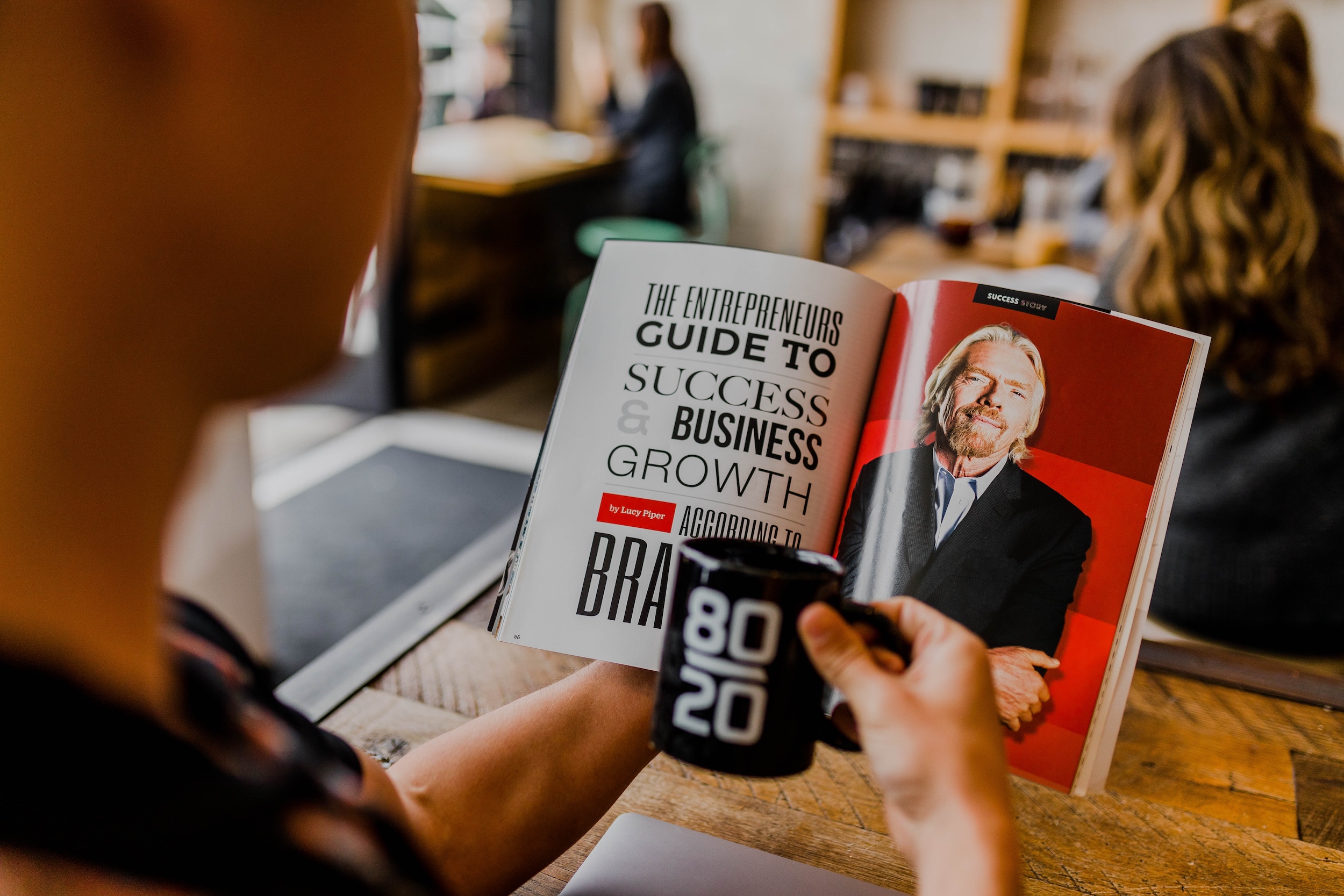I used to be highly anxious and chronically stressed. I didn’t know it at the time, but it’s a “thing” with lawyers. Studies indicate we’re highly anxious, depressed, and stressed. In hindsight, much of the stress and anxiety I felt were a result of cognitive distortions — lies our mind tells us that we falsely believe.
Once I started practicing mindfulness, I was able to see the cognitive distortions or “thinking errors.” The interesting thing is, once I started to share these cognitive distortions with other lawyers, I realized — these thoughts aren’t unique to me, and in fact, are quite common.
Each of us are responsible for creating our own happiness, and similarly, our own misery. In fact, I wrote a book for the American Bar Association on this idea titled The Anxious Lawyer.
Lie #1: Not Enough
Do you ever find yourself feeling as though you’re never enough? You’re never good enough, smart enough, and are constantly failing? Does it feel as though everyone else has their life perfectly organized and structured, and you’re the only one that’s struggling? This phenomenon is so common that there is a term for it: the “inner critic.”
The other form of not enough is external things such as money, resources, power, sex, friends, etc. I often work with lawyers who will say things like, “I’m not making enough money as it is, so I can never leave this job even though I absolutely hate it.”
Pause for a moment and consider that even billionaires (who by all measures have “enough”) still strive for more money. Why? Because they believe they don’t have “enough.”
Being enough and having enough is a matter of perspective. When I was an Assistant State Attorney, I earned $45,000. I remember thinking, “If I could just break the six-figure mark, I’ll have enough.” A few years later, I quit and moved to a firm. Not unsurprisingly, the six-figure salary didn’t feel enough either.
Lie #2: More is Always Better
This certainly isn’t limited to lawyers, but we generally want more of everything good, pleasant, pleasurable, and enjoyable. In fact, Americans have so much stuff that we have 2.3 billion square space of storage unit space.
For the last year, inspired by the Zen Habits blog and the book The Life-Changing Magic of Tidying Up, I’ve been making a conscious effort to consume less, buy less stuff, and instead, spend money on experiences. Studies indicate that buying experiences and buying time greatly increases our sense of happiness, whereas buying more stuff just gives you… well, just more stuff.
Decluttering and owning less stuff has made me think more carefully about what I purchase, and what I have in my physical surroundings. I reduced my wardrobe in half and now, each time I walk into my closet, I feel clarity instead of overwhelmed with clutter.
Lie #3: I Must Sacrifice Myself and My Well-Being for Others
I’m shocked by the number of attorneys who practice what I’ll call “martyrdom law.” That you should sacrifice everything, including time with your family, friends, your health, your well-being, for the good of your clients.
I’d like to call bulls**t. First, no client is worth that level of sacrifice. Period. Why? Because we all want to live another day to serve the next client, and the client after that. Second, self-care and being a good attorney are NEVER in conflict with each other. In fact, just the opposite.
Do you really think it’s possible that you can completely neglect your own needs — not exercise, eat right, neglect your mental, emotional, and spiritual well-being — and still be an excellent lawyer? If you were hiring let’s say a doctor, do you want the chronically stressed, tired doctor coming off of his 48-hour shift, or do you want the doctor who’s well adjusted and has a healthy work-life balance?
I’m stating the obvious, but we all need time to work, time to rest, time to play, time to be playful, time to spend time with loved ones, and time to just be.
If you seriously think you can devote every single minute of your 1,440 minutes per day to your client, remember, humans can only live for three days without water and three weeks without food. You do not owe anyone — this includes your clients and your job — the following: your health, your family, your sanity, your identity, or your integrity.
Finally, remember: “Secure your own oxygen mask before assisting others.”
This article previously appeared on Above the Law.

